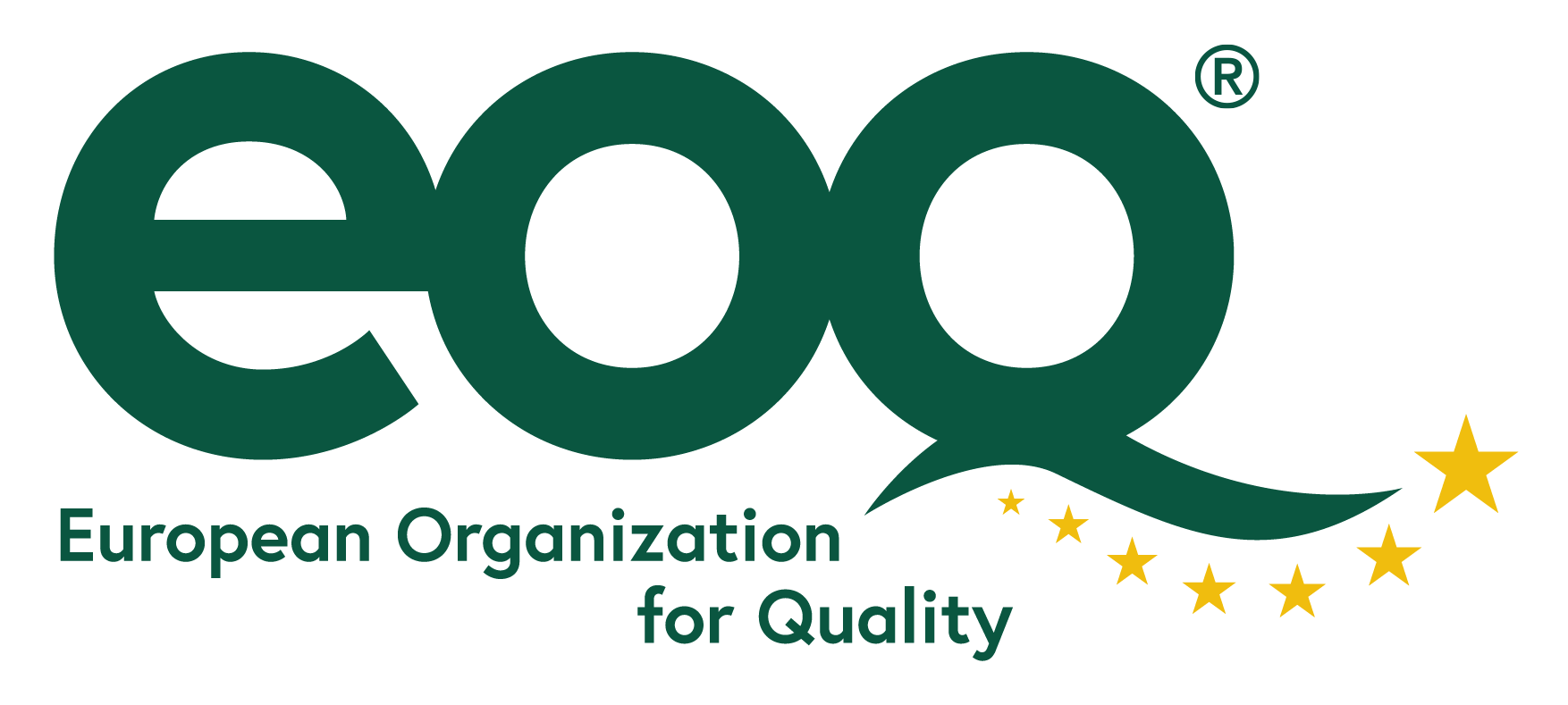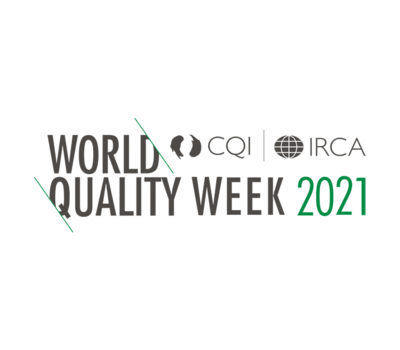The EOQ has laid down a challenge to it members with its 2021 World Quality Week theme: Quality: the next frontier.

What is the next frontier?
In 2019 the CQI interviewed a number of national quality bodies and asked that very question. The digital shift was a hot topic with overwhelming agreement that this would require a shift in how organisations create and deliver value to customers. Our experience of the pandemic in 2020 and of shifts in global trading arrangements has, arguably, re-balanced the focus from efficiency to resilience, from just-in-time to just in case with regard to supply chains and operations: at least for now. And the need for speed has underlined the value of rapid innovation and change to create value at speed while also de-risking for customers and society. Last month’s DAVOS meeting included all of these topics, and one other factor we must consider: sustainability: meeting our needs without compromising those of people or planet.
The sustainability context
Organisations are facing many drivers for sustainability.
The Customer – Consumer and customer attitude and behaviour in the sustainability context is complex. On a business-to-business level it appears that organisations are keen to associate with partners and suppliers that behave ethically and sustainably and are fast to act when there is a problem. Take for example, the fall of the British PR company Bell-Pottinger which was rapidly abandoned by its clients after scandal hit in 2017. The psychology of consumer attitudes and behaviours is more complex as we try to balance making the right choice with cost considerations: as Brecht said, ‘food comes first, then morality’. Driven by legislation and consumer expectations, the UK retailer Tesco removed 20 million items of plastic from its products over Christmas and the fact that their public statements on this were made by their Quality Director underlines both how sustainability is increasingly critical to quality, and that innovation is required to better enable consumers to behave in accordance with their attitudes.
Civil Society – The UK’s 2020 environment bill includes a focus on reducing consumption of material resources and the UK’s Green Alliance is lobbying UK government to consider rewarding extended product warranty periods with tax breaks thereby making products last longer and reducing waste. If this becomes law, economies, sectors and organisations with strong reliability management and innovation capability will win.
Corporate Governance – The UK’s corporate governance code was updated in 2018 adding to the traditional responsibilities of company directors (shareholder value, risk management and strategy) with increased focus on responsibility for societal impact and corporate behaviour. At the international level, ISO is developing a new Corporate Governance standard which includes a focus on sustainability and the CQI has been contributing actively to this through our liaison status. Of course, the management system provides the board with an existing, proven closed-loop mechanism to understand the voice of the stakeholder and deploy strategy and policy into ways of working: the CQI has been working with the UK’s Institute of Directors to make that very point.
Investors – Investors are a powerful driver for sustainability and increasingly make decisions based on sustainability considerations. Many people will be aware of Larry Fink’s call to CEOs to focus on the long term business sustainability and social and environmental sustainability, and it is interesting to see Blackrock sustainability staff being included in Biden’s emergent team. The Germans have always been good at distilling concepts – the Industry 4.0 term has its provenance in Germany – and they have long said that Green [good environmental behaviour] = Green [more profit]. Investors agree, and the literature on the business case for sustainability in publications, such as HBR, is growing.
Voluntary Standards – We are already seeing sustainability creeping into quality standards and models which may be recognised or required by customers: the new EFQM model references the United Nations Sustainable Development Goals; ISO management system standards embrace the concept of interested parties; ISO itself has a focus on sustainability; and new voluntary standards have appeared from Bcorp to sector ethical supply initiatives, such as in the toy industry;
Critical to Quality
The trend is that a quality product or service will increasingly be sustainable as well as economic, useful, available and safe. Equally, a quality organisation will increasingly be viewed as one where sustainability is truly critical to process, from ethical supply to environmental impact. Organisations are free to make their own strategic choices on how they position themselves competitively, however, environmental and social sustainability is moving from being a PR exercise to being at the core of values, value propositions and business sustainability.
Because sustainability is a hot topic, the health, safety and environmental management communities are all focusing on sustainability with, for example, the UK’s Institute of Environmental Management using the strap line “Transforming the World to Sustainability”. However, in the same way that today’s quality is tomorrow’s safety, we can also say that today’s quality is tomorrow’s sustainability. The worst that can happen is that professions compete rather than collaborate and we must look to engage with our peer professions and bring our unique scope of competence and expertise.
With that in mind, the Union of Japanese Scientists and Engineers (JUSE) is conducting a review of TQM which, I understand, sees quality as creating value for society through ESG (environmental, social and governance) as well as for the customer. In other words, the principles and methods of quality management remain relevant and very useful to the sustainability agenda for organisations and society. And in the January 2020 edition of the CQI magazine Quality World, JUSE stated that, “within a company the Chief Quality Officer must act as a quarterback in leading the corporate culture of quality on a companywide scale. This means instilling the essence of business management and quality to all employees, understanding the corporate ethics for the company (as manufacturer), the customers (as consumers) and society, then using it in human resource development.”
Sustainability may not be a ‘new’ frontier, but it is one that the quality profession can make a real difference to if we embrace it.
Vincent Desmond
CEO, Chartered Quality Institute
This is a re-print of the original blog on the CQI website

